Dashnor Kaloçi
Part eleven
Memorie.al publishes some archival documents with the initials “Top secret”, issued by the Central State Archive in Tirana (Fund of the former Central Committee of the ALP) which belong to 1961 and are part of a voluminous folder with letters , reports, information, reports, instructions, petitions, etc., where it is about the beginning of contradictions and the breakdown of official Tirana’s relations with the Soviet Union, which at that time was very much felt by Albanian students who were then studying in schools and universities of the Soviet Union, who, by order received from Tirana, discontinued their studies and waited for instructions to return to Albania. The complete file of Albanian students in the former Soviet Union, where most of them, mainly those who attended Military Academies, High School of State Security, Police, Border, Justice, etc., had major problems and were met with many vicissitudes with the official Russian authorities, leading to the measure of arrest as well as the intervention of the Albanian military attaché in Moscow, Major General Halim Ramohito, to unblock the situation and return the Albanian military students to their homeland.
Continued from the previous issue
I n f o r m a t i o n
On some conversations I had in Moscow with different people.
In a conversation with a Russian language professor named Nina Alekseyevna, when I asked her about the preparations for the May Day holiday, she said she had not made any preparations “Nothing. There is no sausage, no butter, no cheese, no fruit, and many other foods are missing.”
She said that in warehouses, this thing that is happening today has never happened. To get a product in stock, you have to wait a long time and in some cases in the end, it takes nothing. This is how the whispers in the people started, and she even told us this aspect with some passion.
In other conversations, we talked about our relations with the Soviet Union. For the measures taken by the Soviet government headed by Khrushchev, against our country, it does not speak against the arguments and justifications that we showed, but neither did it speak openly.
When she heard the news about the decision of our party and government to withdraw all Albanian students from the territory of the Soviet Union, she did not call it right and said that except for the two students who were expelled, the others could have stayed to continue lessons.
During the separation, on the occasion of our departure, she told us not to be sad, as they would surely meet again to continue their studies again.
Nina was very interested in the things we were explaining about the bilateral relations between the RPSH and the USSR, and approved the materials they gave us, which showed the attitude of the Soviet government towards the Albanian one. Her husband, named Yuri, worked in the press as a correspondent.
While the professor of geography, named Aloshina, often opened conversations that had to do with the attitude that the Albanian Labor Party had towards the Communist Party of the Soviet Union. Her husband was a colonel in an army sector.
She praised Khrushchev with great words as a man of peace, and who fought for the happiness of the Soviet people, etc. Aloshina stated that she was very afraid of the war and that she had recently emerged as a big fanatic in defense of Khrushchev’s ideas.
When we communicated the decision of our party and government for the final termination of studies and departure to Albania, she was surprised and stated that: she was not aware of this order and that she wanted to convince us not to respect this order.
This, of course, was instructed by the Head of the Faculty and sought to divide the students and as if with 4-5 people, to resume teaching. But where he saw that he did not succeed, he eventually withdrew.
She has taken a very bad attitude, especially in the discussions that had to do with the relations between Albania and Yugoslavia. When we opposed it with facts and arguments about these relationships, she told us that: she would seek clarification above. This pedagogue was also a member of the party.
Meanwhile, the professor who taught Russian (4 hours a week) “in the spirit of free conversation”, told us that when she had worked at a scientific institute for international relations and was known for the relatively good situation between the RPSH- and the USSR, her stance had been surprising. She spoke negatively about the official stance we had against the Yugoslav revisionists.
But good memories, I absolutely reserve for two clerks of the school where we were. One was called Ana Vasilevna, the other Zhenia (surname I do not remember). They spoke with great sympathy for Albania and Albanians.
Even when they learned of the attitude and the attack that the Soviet government was making on our nation, their attitude was very good, because they spoke openly and loudly, against Khrushchev.
Ana bravely characterized him as talkative, a man who did not say what he said today, his leadership activity has never been known as Stalin. Since Khrushchev came to power, the economic situation of the people has deteriorated greatly compared to when Malenkov was briefly in charge of the country.
Anna Vasilevna told me that besides Moscow, the worst economic situation was in other cities. She told me a case when an acquaintance of hers had asked her in a letter to send her some butter, cheese, sausage, so that the children would not get sick from the lack of these basic foods. And I, she said, immediately mailed them.
Ana told me that there is a lot of dissatisfaction among the people, that people no longer trust Khrushchev, that theft; unemployment, vagrancy, crime, etc. have increased in our country.
Soviet youth are heading for a dead end. And this has been happening since they started their politics of reconciliation with the Yugoslav revisionists.
When we went and told him that we were leaving forever, they got upset and started cursing Khrushchev in unison. Even Anna, when she was browsing a magazine and there she found Khrushchev’s picture, punched him.
While the head of the school club, named Olja, when she heard about our departure, was very sad. The moment my friend Fahri Kraja and I went to calm her down, she told us not to get upset, because very soon this job would be solved and we would go back there again.
Olja had a great sympathy for the Albanians. On one occasion when we were going for a walk in Moscow’s Gorky Park, she came and showed us the place where Lenin worked and died.
You Albanians, she told us, are very loyal and honest people in relation to students of other nationalities. The Czechoslovaks are very arrogant, they do not want to know about anyone, she told us.
Poles are arrogant people and no matter how much we help them, they behave like ungrateful. Nurture negative feelings towards us yes and we respond to you in many cases.
The Romanians are also unfaithful, and during the war they, along with the Germans, occupied half of Ukraine and committed crimes against the people. As for most of the school staff, they were overwhelmed when they learned that we would eventually flee home.
They were upset and told us not to get upset as we would soon be back to study together. With these gestures they made, they showed deep touches.
The Head of the Faculty, Colonel Grigorjev, has kept a very low attitude towards us. He with us has been shown to be cold and very harsh.
As for other students in the school, such as Czechs, Romanians, Poles, etc., they have also been cold towards us Albanians with a rare exception in their ranks.
The warmest and closest to us, have been the Vietnamese. /Memorie.al
Colonel Limoz Tare
The next issue follows




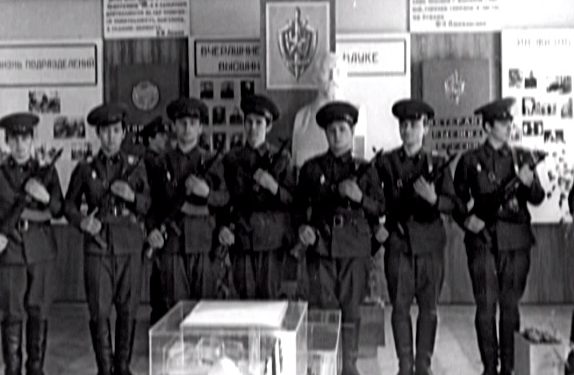
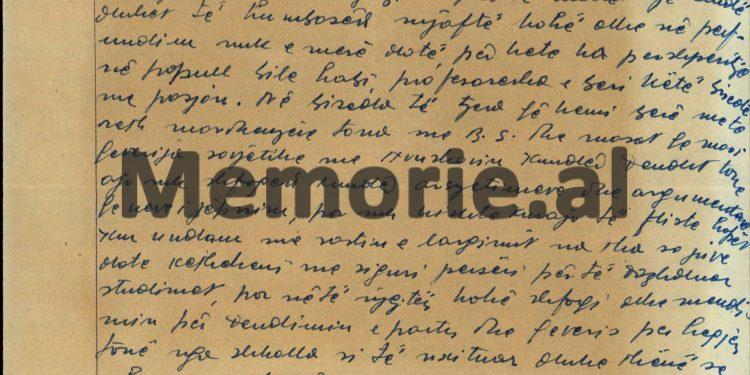
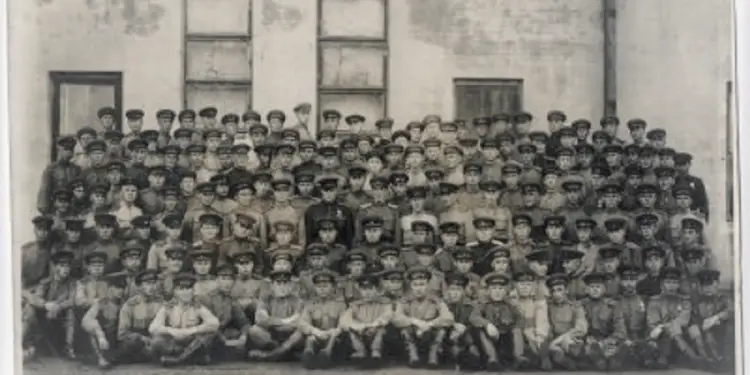
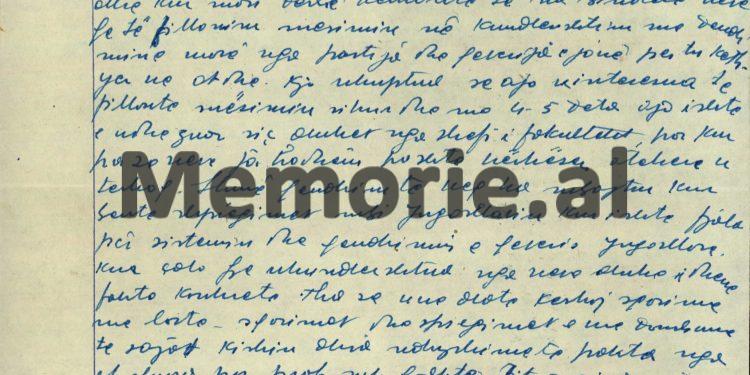
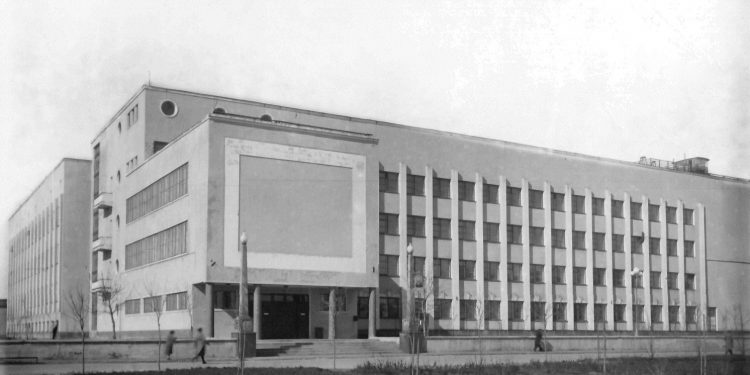
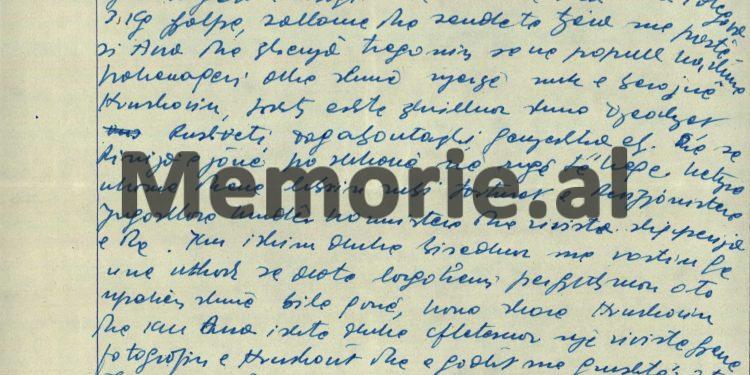
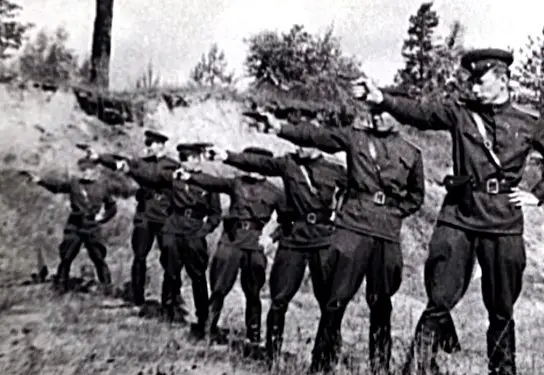
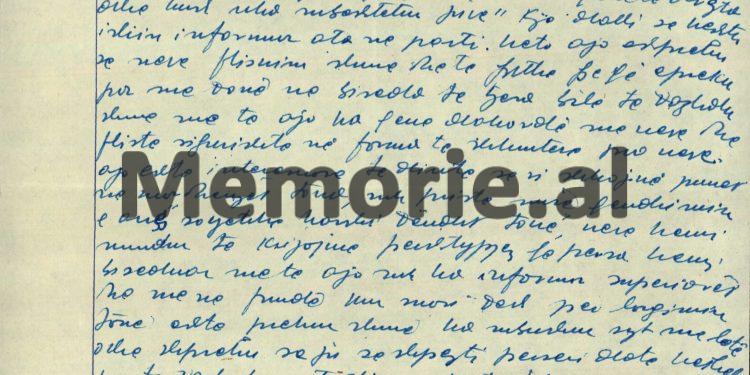
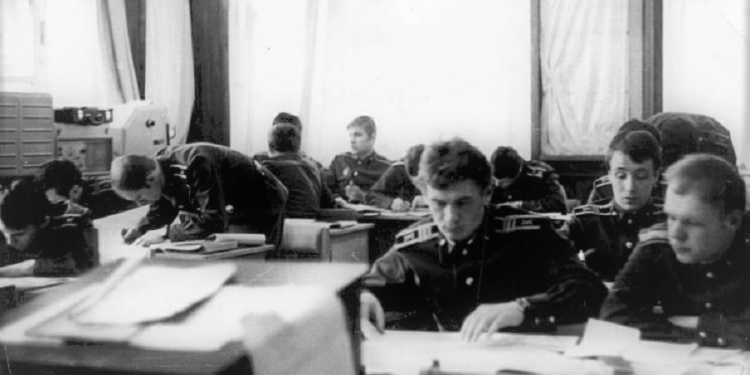
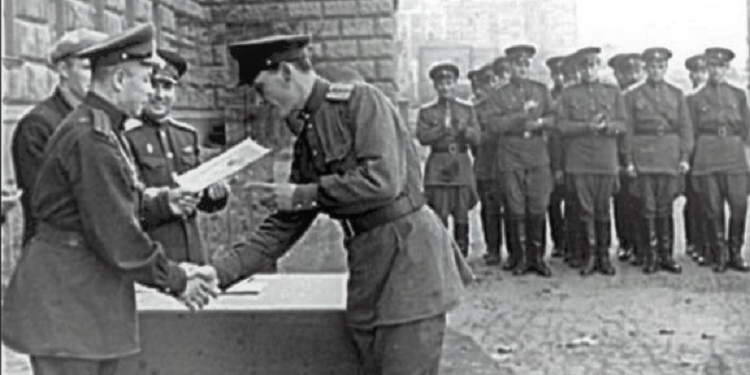
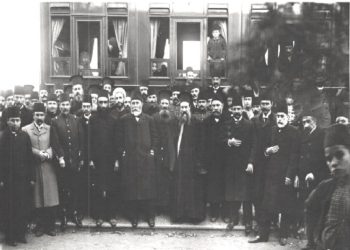
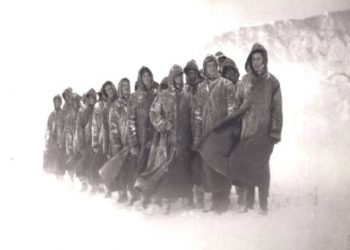

![“When the party secretary told me: ‘Why are you going to the city? Your comrades are harvesting wheat in the [voluntary] action, where the Party and Comrade Enver call them, while you wander about; they are fighting in Vietnam,’ I…”/ Reflections of the writer from Vlora.](https://memorie.al/wp-content/uploads/2025/06/admin-ajax-4-350x250.jpg)


